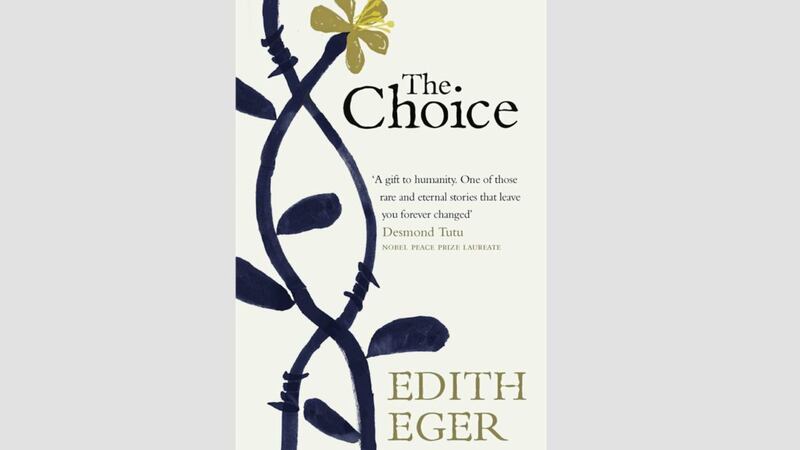NON-FICTION
The Choice by Edith Eger, published in hardback by Rider
EDITH Eger was rescued from a death march by American troops in 1945, but it was years before she was finally free. Pulled half-alive from a pile of corpses, and thrust into post-war recovery, Eger, a Hungarian Jew, is haunted by memories of the Holocaust and a devastating guilt that shackles her for far longer than her wartime incarceration. Her innocent utterance of one word over another helps seal the fate of her mother, sent upon arrival to Auschwitz to the gas chambers, while the aspiring gymnast and her sister are spared. It is this split-second choice that traps Eger, now a trained psychologist, within her own mind. Returning to the site of her loss decades later, and even visiting Hitler's former mountain retreat, Eger comes to accept her past, refusing to let Hitler claim her life too. The book's power rests on a simple, but liberating truth: However much is taken away, you always have a choice. The enduring words her mother whispered in the dark as they were transported to their unknown fates ring true: "Just remember, no-one can take away from you what you've put in your mind."
Jemma Crew
FICTION
Smile by Roddy Doyle, published in hardback by Jonathan Cape
RODDY Doyle, the Booker Prize winning author of Paddy Clarke Ha Ha Ha and The Woman Who Walked Into Doors, leaves a portion of his trademark humour at the door in this tale of middle-age malaise and resurfacing childhood trauma. After separating from his wife, Victor Forde is back living alone in the neighbourhood where he once went to school – in the 1960s, in a Christian Brothers school. It is a chance meeting, in his new local, with a man purporting to be an old classmate, that sends Victor down the road of recalling his experiences at the hands of the Brothers. Then follow his lighter memories of life as a shock-jock journalist and smitten husband of a celebrity TV chef. Doyle's skill with dialogue – so wonderfully evoking the Dublin brogue – keeps a thread of charm running through the novel, but the overall impression is of a writer trying to do something different. He plays with memory, with identity, and it is his use of a shock 'twist' ending that will define this book. It is a bold gamble that will not work with all readers.
James Cann



